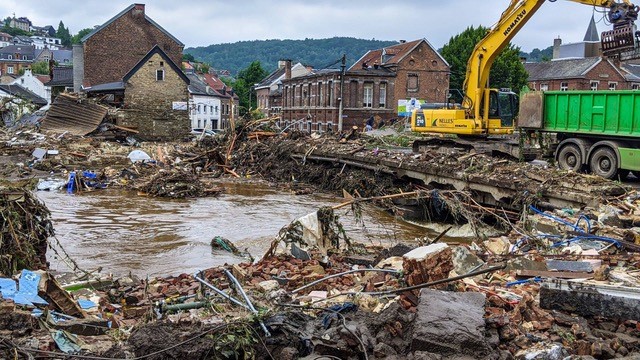-
Share this page
What happens after the catastrophe? The politics of eco-emotions in climate-extreme affected events
Sonya Seminar by Louise Knops, Prof. ULB - SONYA ULB April 9, 12 to 2 pm, Room UA.0.05.2, USquare ULB, Free entrance

Louise Knops, Prof. ULB - SONYA
ULB April 9, 12 to 2 pm, Room UA.0.05.2, USquare ULB, Free entrance
Climate-extreme events are increasing in frequency and intensity. These events result in widespread impacts to ecosystems and societies and trigger explicit emotions among affected communities. Against the hegemonic distant, cold and rationalistic representations of climate change in the West, these material and affective experiences make the reality of climate change increasingly ‘tangible’ in countries and groups which had so far been relatively spared by climate change’s worst impacts. While climate-emotions have received increasing scholarly attention over the past years, we know relatively little on their social and their political implications. For example, little is known on how feelings of abandonment, anger, grief and trauma experienced in the aftermath of climate-extreme events may be transformed into various forms of politicization and by whom; or how these emotions may deepen existing inequalities and divisions, or to the contrary, serve as foundation for new forms of collective identities which bypass classic cleavages and categories. We also have little empirical evidence on how the material and affective experiences of climate change’s extreme impacts influence democratic attitudes and representations (for example, giving an impetus to renewed forms of climate-denial, eco-authoritarianism or ecological democracy). Against this backdrop, I would like to ask new theoretical and empirical research questions which could guide further research at the crossroads between emotions, environmental inequalities and democracy in relation to climate change specifically.